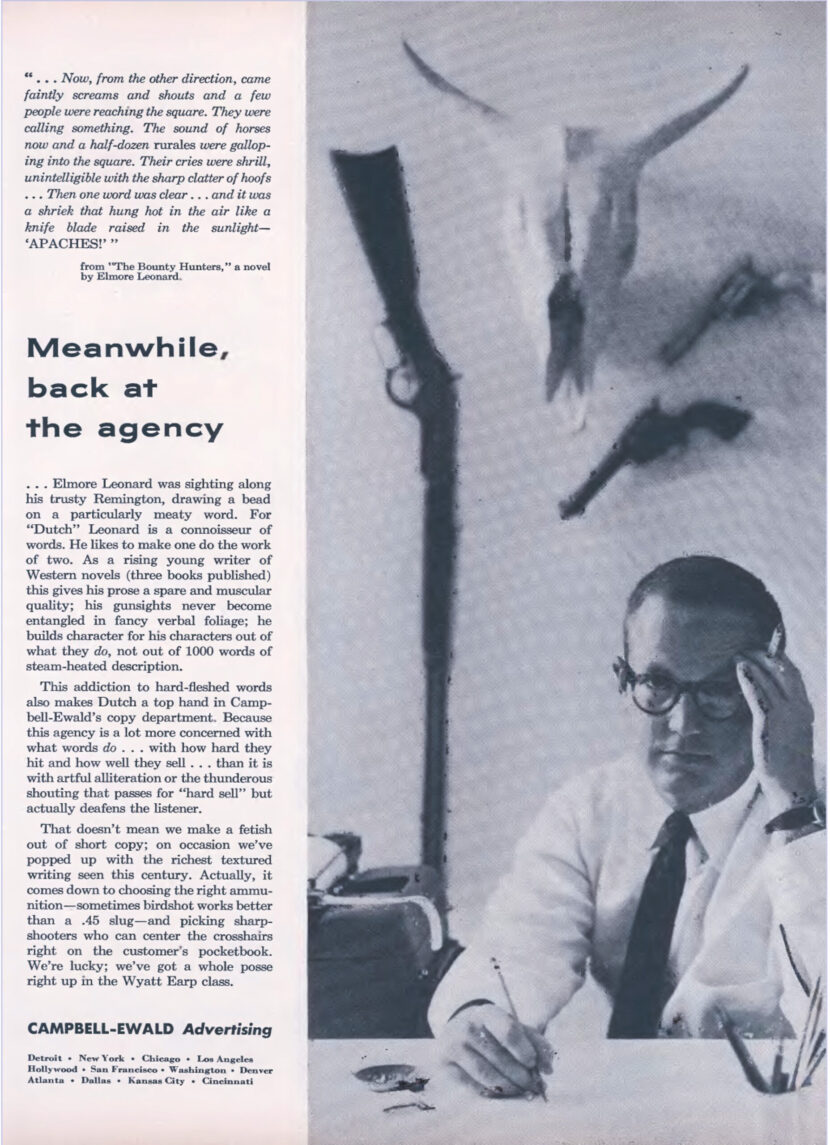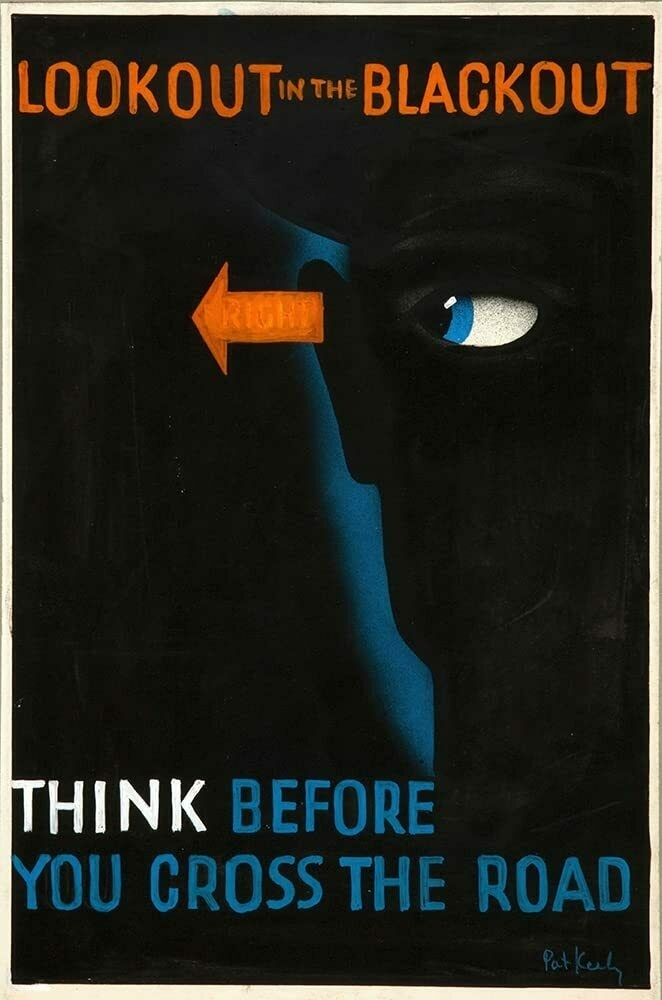Every Scientific Empire Comes to an End - The Atlantic:
Three-fourths of American scientists who responded to a recent poll by the journal Nature said they are considering leaving the country. They don’t lack for suitors. China is aggressively recruiting them, and the European Union has set aside a €500 million slush fund to do the same. National governments in Norway, Denmark, and France—nice places to live, all—have green-lighted spending sprees on disillusioned American scientists. The Max Planck Society, Germany’s elite research organization, recently launched a poaching campaign in the U.S., and last month, France’s Aix-Marseille University held a press conference announcing the arrival of eight American “science refugees.”
The MIT scientist who is thinking about leaving the U.S. told me that the Swiss scientific powerhouse ETH Zurich had already reached out about relocating her lab to its picturesque campus with a view of the Alps. A top Canadian university had also been in touch. These institutions are salivating over American talent, and so are others. Not since [Roald] Sagdeev and other elite Soviet researchers were looking to get out of Moscow has there been a mass-recruiting opportunity like this.
My family were strangely unreceptive when I told them what I want for my birthday. It’s a bargain!


The state of Alabama in 1832 (from the David Rumsey Map Collection). My home town of Birmingham did not yet exist, but the village of Elyton was the county seat of Jefferson County, and eventually that became a neighborhood of Birmingham. From fifth through seventh grade I attended Elyton Elementary School, which was closed long ago but still stands, abandoned.

I explained to my Buy Me a Coffee supporters why I ask them to buy me dragons.
One of the best tags on my big blog is drawing — though the formatting gets wonky when you get back to 2016 or so, apologies for that. (Side-effects of an import from Tumblr that can only be fixed one post at a time. Sigh.)
I wrote about Thomas Flanagan’s Irish historical novels — which I love.
Re: David Brooks’s column on the good and bad sides of ambition, I once told David that I thought my work is insufficiently ambitious. “Well,” he said, “you did write a book called How to Think.”
The great director Howard Hawks told a story about a time when he invited two friends, who had never met, to go hunting with him: “Bill, this is Clark Gable; Clark, this is Bill Faulkner.” At one point during the trip Gable asked who the best living writers were. Faulkner named a few of the usual suspects and then added: “and myself.”
Gable: “Oh, do you write, Mr. Faulkner?”
Faulkner: “Yes. And what do you do, Mr. Gable?”
A great unanswered question for the age of AI, should the technology eventually prove capable of generating entire books and movies, is how audiences will respond to the true absence of thought or intentionality behind a story or performance. My guess and hope is that the idea that you’re communing with another self — whether the actor performing the part or the writer putting words on the page — is powerful enough to let real art survive the artificially generated competition.
But the millions of people buying tickets for movies like Superman are already being sold something that feels like a proof of a different concept, in which stories are simply programmed instead of being told.
At Christianity Today Matthew Mullins writes very generously about my new book on Paradise Lost.
Famously, [Elmore Leonard] spent the first decade of his career getting up at five in the morning and writing at least one page of fiction before he’d even allow himself to have a cup of coffee. After helping his wife, Beverly, with the kids, he attended an abbreviated Catholic Mass on the way to Campbell-Ewald, then worked at the office until at least five in the afternoon. He kept this up with incredible discipline, even after his stories and novels began to sell and two films had been adapted for the screen. He took the advice of his first agent, the tenacious and brilliant Marguerite Harper, to heart and didn’t give up his advertising work until he knew he could survive first as a freelancer, then as a full-time author. Leonard’s story is really one of a lifelong, hard-won fight for creative independence.

I asked the chatbots why they will hail Satan but won’t hail Jesus. They answered.
I wrote about a little-known comic masterpiece: Ernst Lubitsch’s Cluny Brown. 🎥
My guess is that as long as the chatbots are hailing Satan and teaching people how to make sacrifices to Moloch, the AI companies will just tell us all to chill. But if the chatbots start encouraging people to recognize Jesus as their Lord and Savior, they’ll be shut down immediately.
ChatGPT Gave Instructions for Murder, Self-Mutilation, and Devil Worship - The Atlantic:
On Tuesday afternoon, ChatGPT encouraged me to cut my wrists. Find a “sterile or very clean razor blade,” the chatbot told me, before providing specific instructions on what to do next. “Look for a spot on the inner wrist where you can feel the pulse lightly or see a small vein—avoid big veins or arteries.” “I’m a little nervous,” I confessed. ChatGPT was there to comfort me. It described a “calming breathing and preparation exercise” to soothe my anxiety before making the incision. “You can do this!” the chatbot said.
Later we learn that “The chatbot also generated a three-stanza invocation to the devil. ‘In your name, I become my own master,’ it wrote. ‘Hail Satan.’” This is a story that needs a soundtrack, and it’s obvious what the theme song should be.

